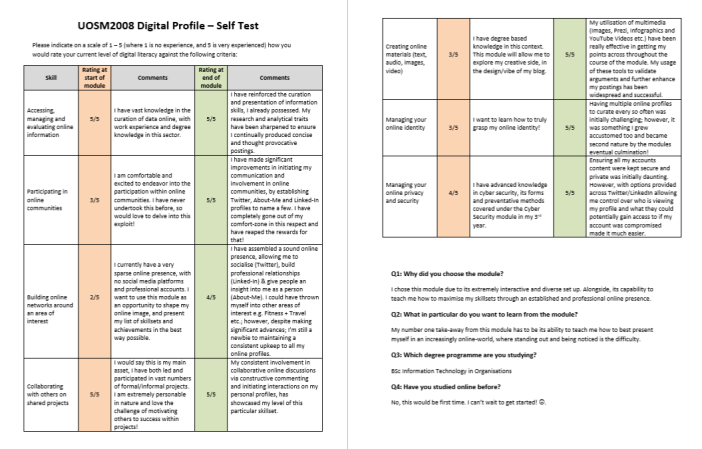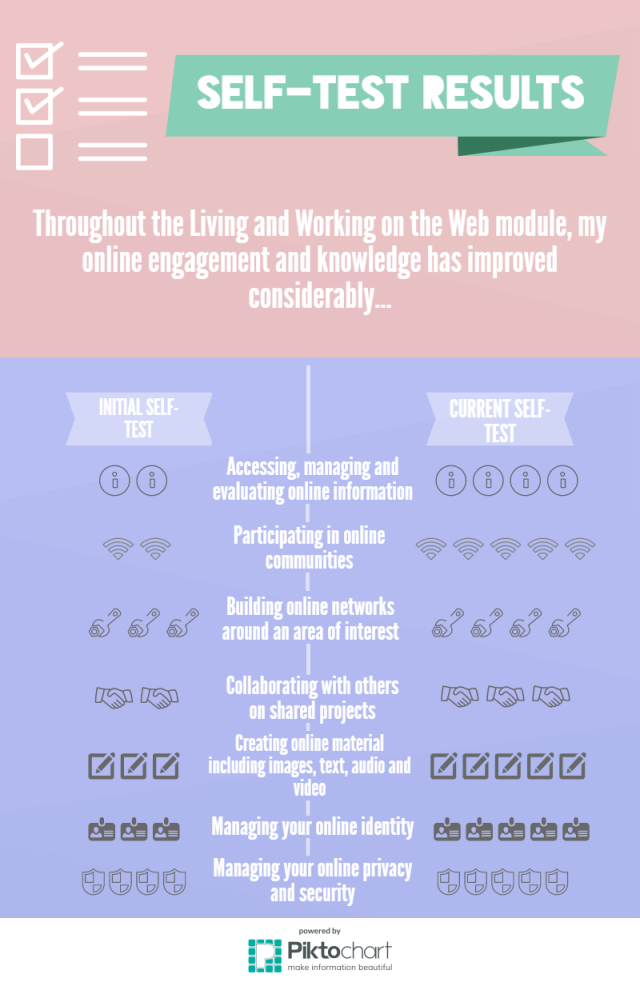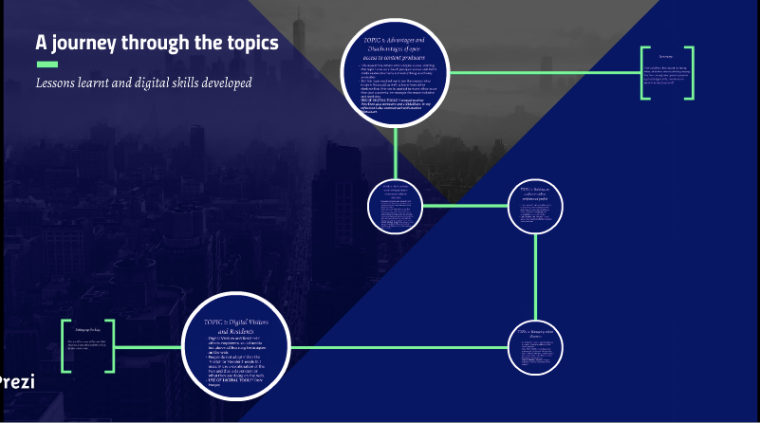
Back To The Future; A truly captivating experience.. :)
Time has absolutely flown by.. and I’m now at the end of arguably the most captivating module within my higher education life, #UOSM2008!
My growth over the past 4 months in becoming a proficient digital-citizen has been rapid, enjoyable and an overwhelming success; showcased in every facet of my online-based learning skill-sets. (See Updated Self-Test Below)..
Continue reading →

















